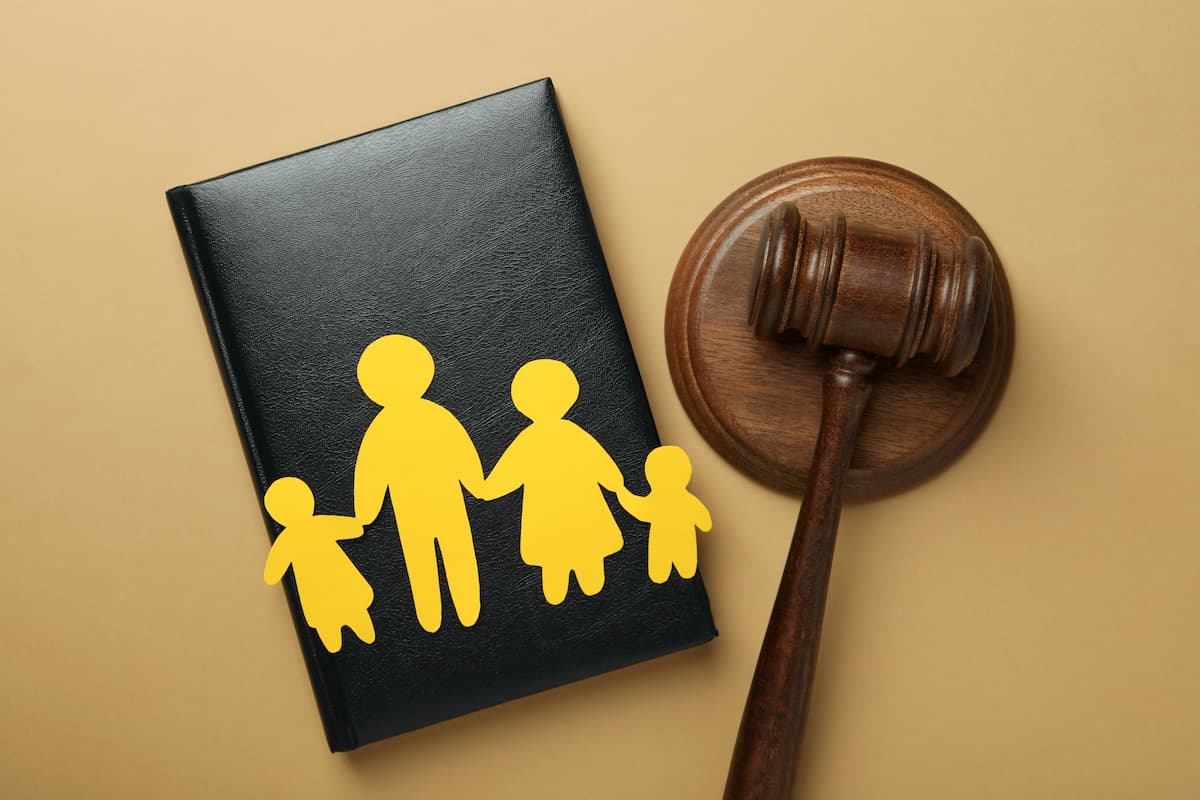Hello! My name is Kyrylo Tomakh, I am a practicing lawyer and co-founder of the law firm DKVA Legal Group. For over 3 years, I have been helping clients protect their rights, find solutions to complex legal situations, and successfully resolve disputes both pre-trial and in court.
how to deprive of parental rights Father in Ukraine?
Normative base:
• Law of Ukraine "On Childhood Protection" dated 04/05/2001 No. 2402-III.
• The Civil Code of Ukraine.
• Family Code of Ukraine.
1.1. The Law of Ukraine "On the Protection of Childhood" dated 04.05.2001 No. 2402-III:
• Defines the rights and responsibilities of parents in relation to children.
• Establishes procedures for the protection of children's rights against all forms of violence and abuse.
1.2. The Civil Code of Ukraine:
how to deprive a husband of parental rights will tell us the civil code of Ukraine - the basis of family relations in the country.
• Regulates legal relations between parents and children.
• Establishes the procedure for deprivation of parental rights and procedures for their restoration.
1.3. Family Code of Ukraine:
• Defines the rights and responsibilities of family members, including parents and children.
• Regulates matters of guardianship and care of children in cases where parents cannot fulfill their responsibilities.
1.4. Resolutions of the Constitution of Ukraine and international documents:
• Provide a general basis for legal protection of children's rights and principles of justice in resolving disputes between parents and children.
The main grounds for deprivation of parental rights:
• Systematic abuse of parental rights, including physical or psychological abuse of the child.
• Crimes against children such as sexual abuse, torture, exploitation.
• Careless treatment of the child, which may lead to physical or moral harm.
• Negative impact on the child's development due to alcohol or drug abuse.
• Other circumstances that endanger the child's well-being and normal development.
2.1. Physical and psychological violence:
• Violence that results in bodily harm or mental trauma to a child can be grounds for deprivation of parenthood.
2.2. Crimes against childhood:
• Sexual violence, torture, exploitation and other crimes resulting in physical or psychological trauma to a child are serious grounds for deprivation of parental rights.
2.3. Neglect of the child:
• Lack of adequate care, insufficient attention to the child's physical and emotional development may indicate parents' reluctance to fulfill their responsibilities, which may lead to deprivation of parental rights.
2.4. Alcohol or drug abuse:
• The negative impact of alcohol or drug use on the child's health and safety, as well as the parent's ability to provide for the child's well-being, may terminate parental rights .
2.5. Other circumstances that endanger the well-being of the child:
• This may include extreme life situations, lack of material resources to provide for the child, systematic violation of laws and rules governing relations between parents and children.
Actions to preserve rights:
• Compliance with the laws and rules of raising a child.
• Adequate approach to resolving conflict situations with the child.
• Active participation in the child's life, providing him with education, medical care and other needs.
3.1. Active participation in the upbringing and development of the child:
• Parents should take an active part in the development of their child, providing him with the necessary upbringing, education and support.
3.2. Ensuring the safety and health of the child:
• Parents must ensure the safety and health of their child, preventing any form of violence, traumatic situations and threats to their health.
3.3. Compliance with laws and regulations governing the rights and responsibilities of parents:
• Parents must comply with all the requirements of the legislation concerning the upbringing and care of children, as well as the rights and responsibilities of parents.
3.4. Participation in family and parenting support programs:
• Parents are encouraged to participate in various family and parenting support programs that provide assistance in raising children and solving family problems.
3.5. Appeal to professional consultants and psychologists:
• In case of difficult family situations or problems with raising a child, parents can turn to professional counselors and psychologists for help and advice.
Restoration of parental rights:
• Appeal to the court with a claim to restore parental rights.
• Proving before the court positive changes in behavior and life situation, which testify to the parents' ability to responsibly perform parental duties.
• Presentation of evidence of positive changes in parents' lives, for example, confirmation of psychological or pedagogical assistance.
4.1. Preparation of documents and submission of a lawsuit to the court:
• Parents who wish to restore their parental rights must prepare the necessary documents and submit a lawsuit to the court in which they declare their ability and willingness to restore educational contact with the child.
4.2. Evidence of positive changes in the lives of parents:
• Parents must present to the court evidence of positive changes in their lives, such as successful completion of rehabilitation programs, education, and stable employment, which indicates their willingness and ability to responsibly fulfill parental responsibilities.
4.3. Conducting psychological examinations:
• The court can order the conduct of psychological examinations to determine the state of parental capacity of the parents and their positive changes in raising the child.
4.4. Participation in educational programs:
• Some courts may require parents to participate in special educational programs or courses aimed at improving their parenting and child-rearing skills.
4.5. Court decision and its implementation:
• After considering the case, the court makes a decision on restoring parental rights or refusing it. In the case of a positive decision, parents are given the opportunity to take part in the upbringing of the child again in accordance with the rules established by law.


































